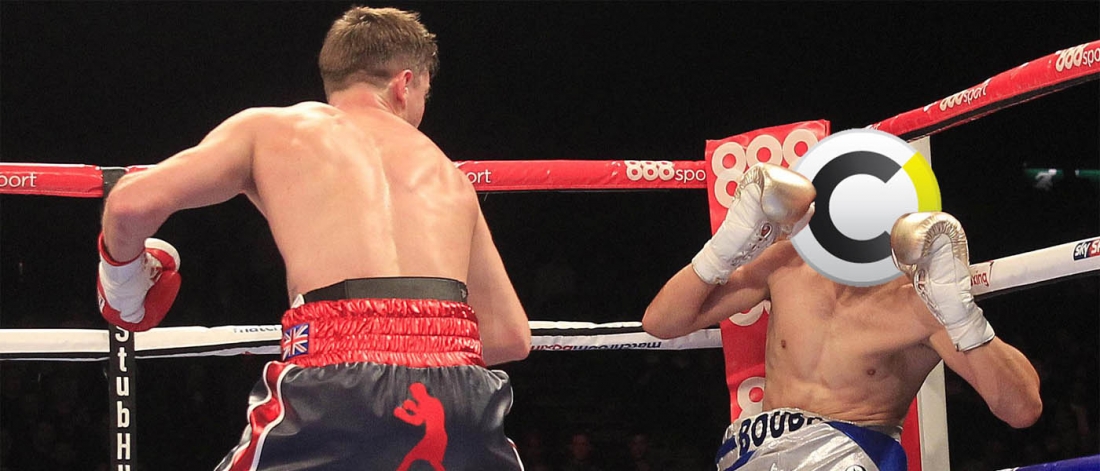NFC Future Bright As Mobile Payment Provider CurrentC “Postpones” Launch Again
Way back in 2012, the world of mobile payments was new, exciting, and largely uncharted. Companies were posturing to figure out what the future of the payments would look like. NFC tech in phones was a fledgling technology and was far from a sure bet for payment tech. It was during this time that a collection of merchants called the Merchant Payment Consortium (MCX) was formed to create their ideal payment system. Paramount for the new system was the ability to collect user data and avoid credit card processing fees. Based on QR codes, the sharing of data between merchants, and direct withdrawals from the user’s checking account, the CurrentC mobile payment system was created. Four years later and still struggling to come to market, MCX finds CurrentC the odd man out.
MCX has just announced that it will postpone the launch of CurrentC. The postponement feels rather permanent as no timeline or next step was provided by MCX. In fact the Consortium simultaneously announced layoffs and a change of business direction. The layoffs appear to be significant, involving around 30 people which seemingly represents around 1/3 of the company’s staff. Looking through the double-talk and corporate jargon of the press release, CurrentC essentially has one foot in the grave. According to the company, the decision was made “utilizing unique feedback from the marketplace and [the] Columbus pilot.” Not sure what this “unique” feedback was, but the “marketplace” has been decidedly vocal against the payment system for some time. The QR system was overly complex, the lack of privacy concerning, and the ability for merchants (or hackers) to draw directly from a bank account scary. By contrast, competing mobile payment systems almost universally rely on contactless NFC tech that hides user data and tokenizes credit card information, valuing privacy above all else.
Continue reading









